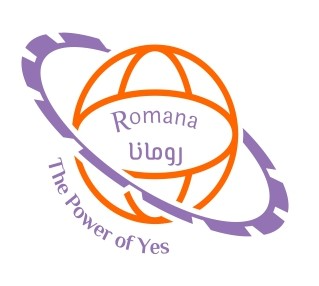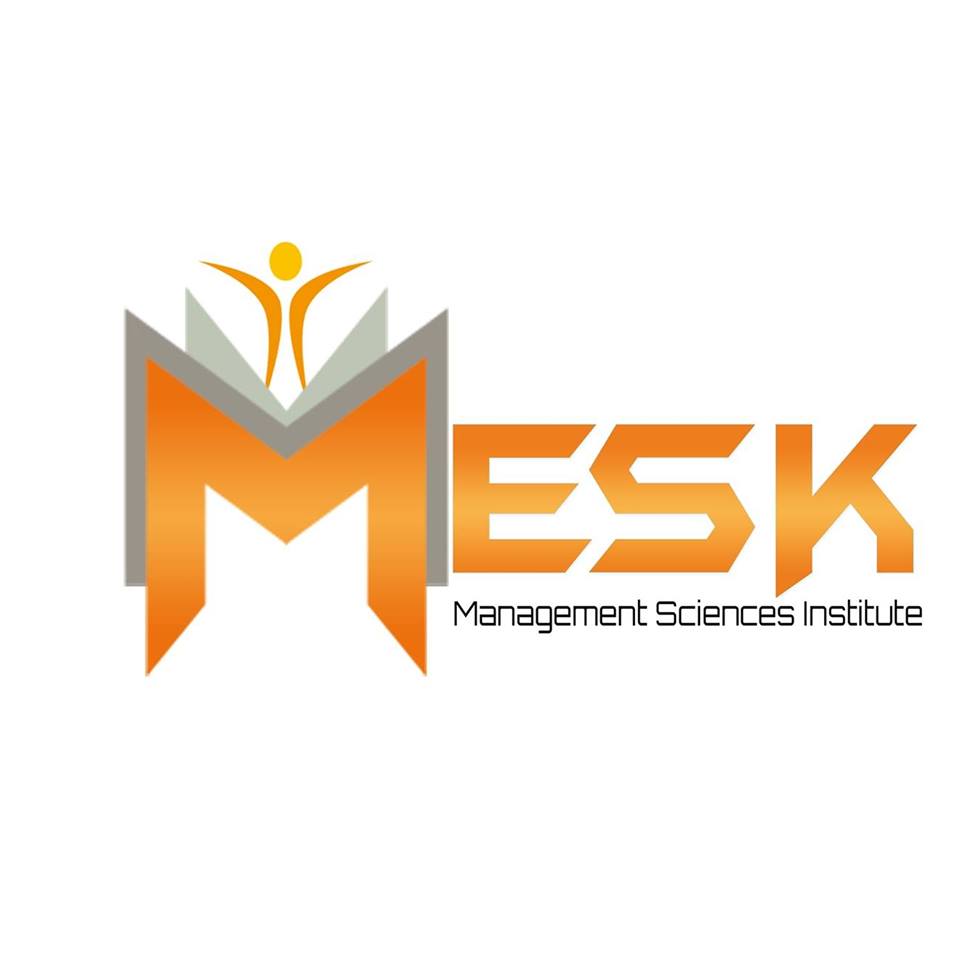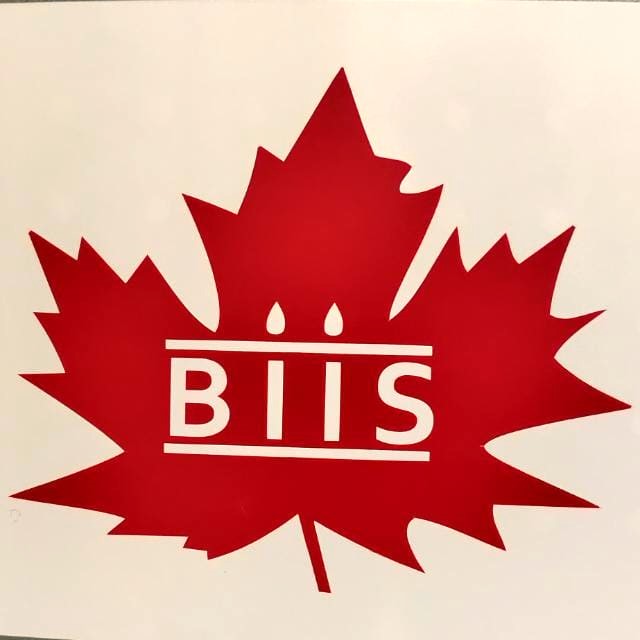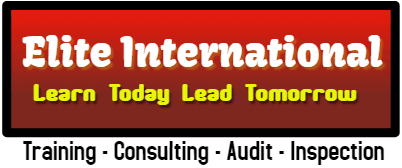Power tool safety training is essential for workers who operate handheld, stationary, or portable power tools. This training focuses on proper handling, maintenance, and safety procedures to prevent accidents, injuries, and equipment damage while using power tools in various work environments like c

1. Regulations & Compliance
Follows OSHA 1910.242 (Hand and Power Tools) and OSHA 1926.300 (General Requirements for Construction) standards to ensure safe use of power tools in the workplace.
Workers must be trained and certified in the safe operation of power tools, as well as the appropriate personal protective equipment (PPE) to use during tool operation.
2. Pre-Operation Safety Checks
Inspect Tools: Before using any power tool, check for visible damage, wear, or defects such as frayed cords, missing safety guards, or loose parts.
Tool Maintenance: Ensure the tool is properly maintained according to the manufacturer's instructions, and replace any worn-out components like brushes, belts, or batteries.
PPE Requirements: Make sure to wear appropriate PPE, including eye protection, hearing protection, gloves, dust masks, or face shields based on the tool type and the specific job.
3. Safe Operation Practices
Correct Handling: Always hold the tool firmly with both hands, when applicable, and ensure that your body is positioned safely.
Follow Instructions: Read and follow the manufacturer’s operating instructions before using the tool. Each tool has specific safety features and usage guidelines.
Proper Setup: Ensure the tool is correctly set up and secured before operation. This includes checking attachments, settings, and ensuring proper tool alignment.
Power Tool Shutdown: Always turn off and unplug the tool when not in use, before performing maintenance, or changing attachments.
4. Common Hazards & Prevention
Electrical Hazards: Always inspect power cords and plugs before use. Do not use tools with exposed wires, and never use electrical tools in wet or damp conditions unless specifically rated for such environments.
Moving Parts: Keep hands, clothing, and other body parts away from moving parts such as blades, gears, or cutting mechanisms to avoid injury.
Flying Debris: Some power tools can create flying debris (e.g., sawdust, sparks, or metal chips). Wear protective eyewear and dust masks to protect against debris.
Kickback: Power tools like saws and grinders can experience kickback, leading to loss of control. Ensure proper grip, body stance, and blade orientation to reduce this risk.
5. Post-Operation Safety Procedures
Clean Tools: After use, clean and store power tools in a safe location to avoid damage or unnecessary wear. Remove any debris, dust, or buildup that could interfere with tool performance.
Proper Storage: Store tools in dry, secure locations to prevent rust or damage. Ensure that tools with cords are properly wound and stored out of walkways to avoid tripping hazards.
Report Malfunctions: If a tool is malfunctioning or shows signs of damage, stop using it immediately and report it for repair or replacement.
6. Emergency Procedures
Injury Response: In case of an injury, stop work immediately and administer first aid. For severe injuries, seek emergency medical assistance.
Electrical Shock: If someone is electrocuted, do not touch them directly; disconnect the power source first and then call for emergency help.
Fire Hazards: In case of a fire caused by sparks, fumes, or overheating, use a suitable fire extinguisher (such as Class C for electrical fires) and evacuate if necessary.
7. Certification & Refresher Training
Initial Certification: Includes training on tool selection, safe operation, hazard identification, and emergency procedures.
Refresher Training: Recommended every 1-2 years or after an accident to ensure workers are updated on the latest safety practices, new tools, and procedures.
In today’s dynamic business environment, maintaining compliance, safety, and quality is essential for success. Romana Skills Training LLC is a KHDA & Dubai Municipality-approved training and consultancy provider dedicated to helping businesses enhance safety standards, meet regulatory requirements, and drive operational excellence.
We offer expert-led training and consulting services in Food Safety (HACCP, ISO 22000), Health & Safety (HSE), Quality Management, and Environmental Compliance, ensuring that organizations across various industries—food manufacturing, hospitality, healthcare, construction, and more—achieve full regulatory compliance and operational efficiency.
With a strong focus on tailored solutions, we empower businesses with practical knowledge and strategies that reduce risks, improve workforce competency, and enhance overall performance. Our commitment to excellence and continuous improvement has helped numerous clients meet Dubai Municipality, ISO, and global safety standards successfully.
Partner with Romana today and unlock excellence in safety and compliance!
(Institute Review)
55 years ago(Institute Review)
55 years ago
'Chemical Spills, Safety Precautions & Response Action Plan' training is offered by Mesk Management Sciences Institute. Kindly contact us to inquire and find out about the schedule and complete outline.

This training will provide knowledge and understanding to flag individuals to carry out their responsibilities safely and professionally.

This course will train delegates in the correct methods on how to make up, test and proficiently use self-contained breathing apparatus.

This 'Hazardous Chemical Handling' training will provide the delegates with adequate knowledge and understanding of health and safety measures in relation to hazardous chemical handling.

This course is ideal for all individuals who require a firm grounding of health and safety. It outlines all the recent developments in light of the marketplace requirements. Here, a customised proposal can also be catered to suit the learnin
© 2025 www.coursetakers.ae All Rights Reserved. Terms and Conditions of use | Privacy Policy